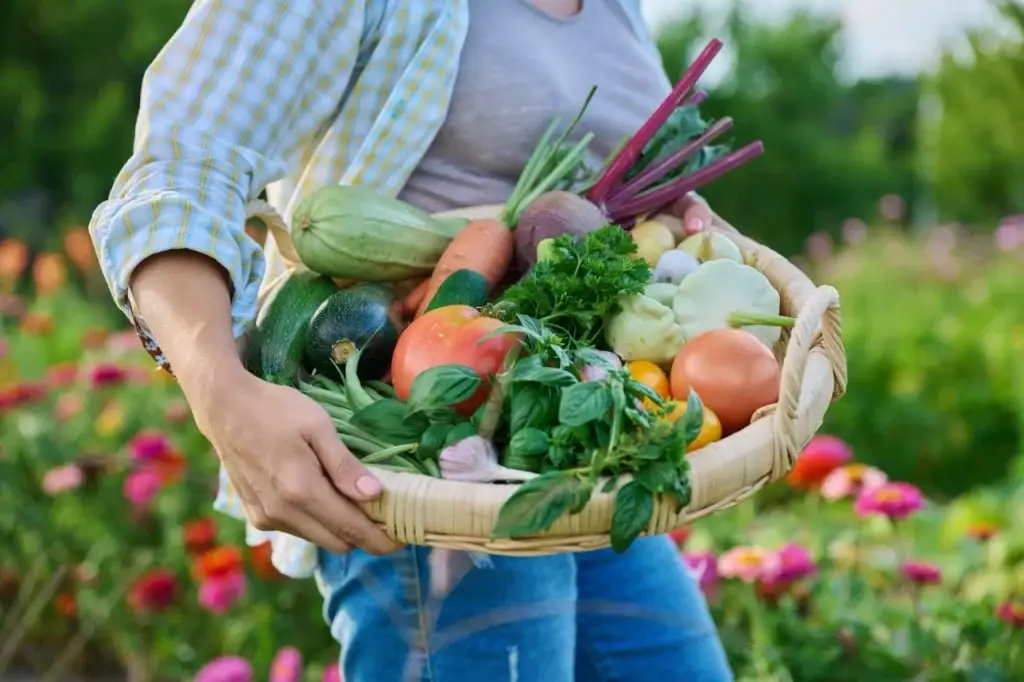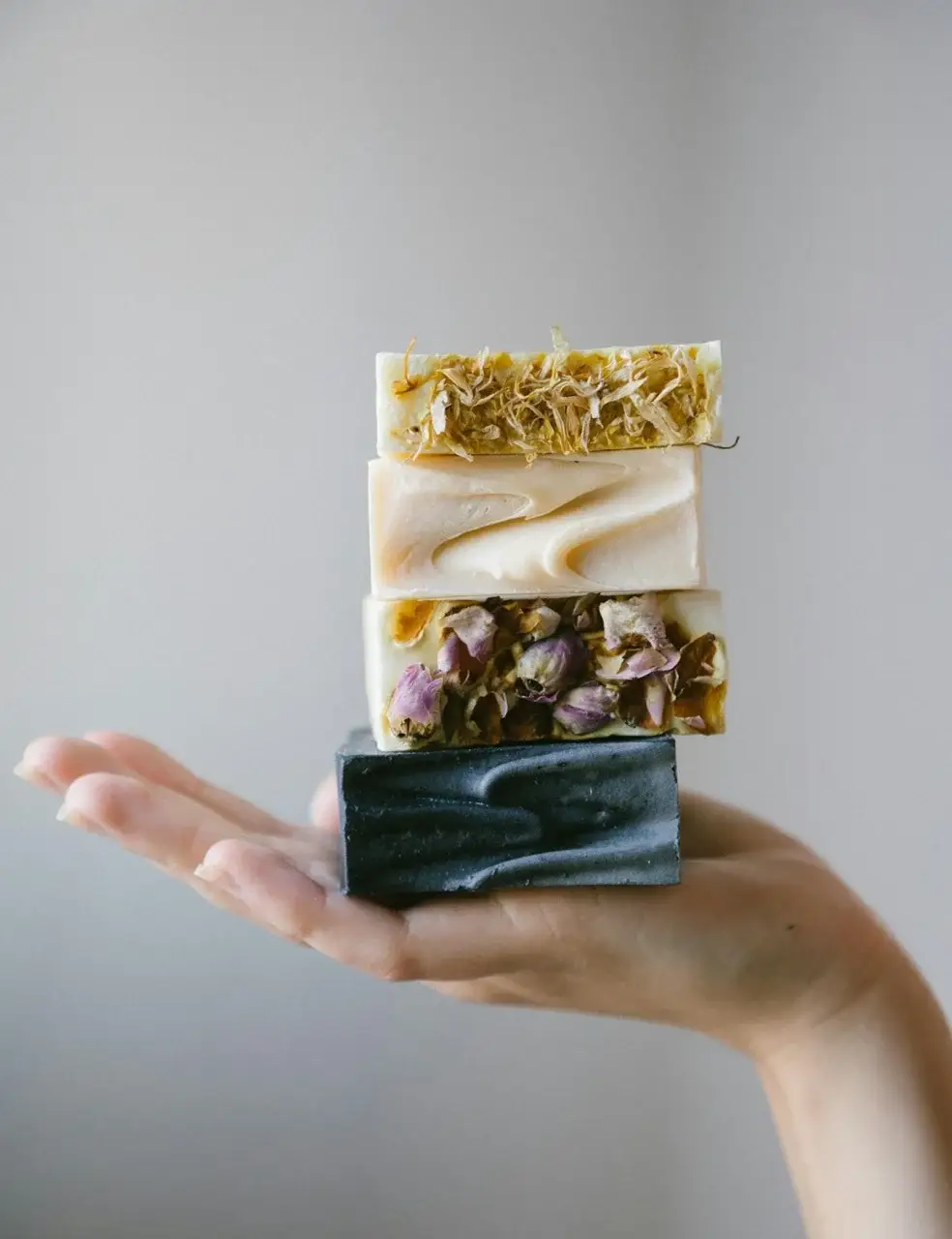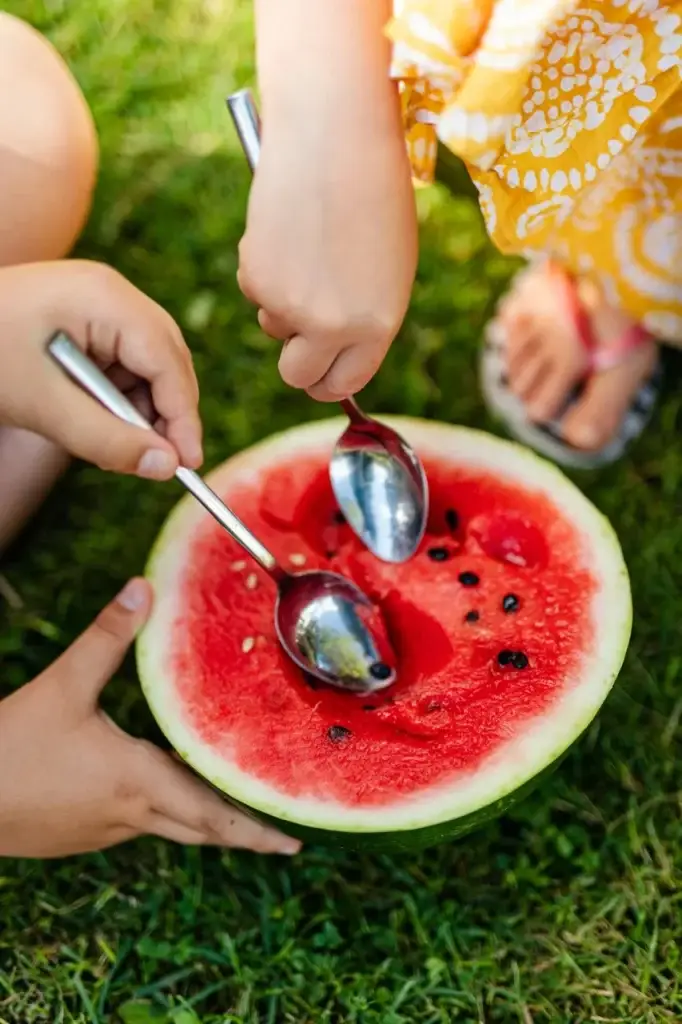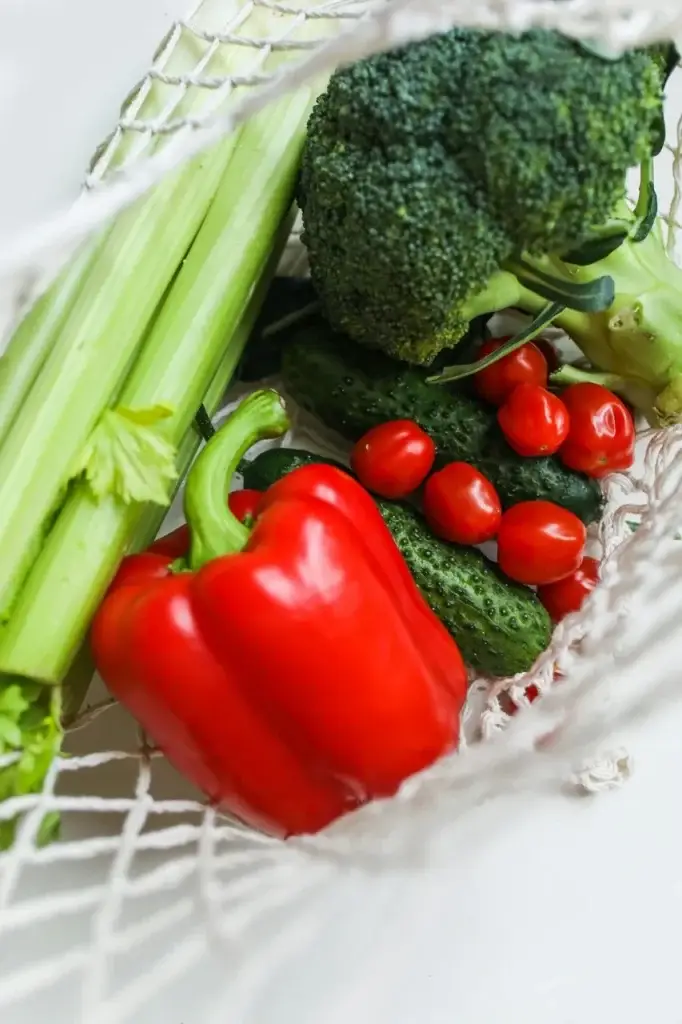Find Your Organic Balance
Living organic doesn’t need to be all-or-nothing. This week we focus on balance — making mindful choices that fit your lifestyle, your budget, and your wellbeing. It’s about choosing where organics matter most and feeling good about progress, not perfection.
Explore More and Take Action
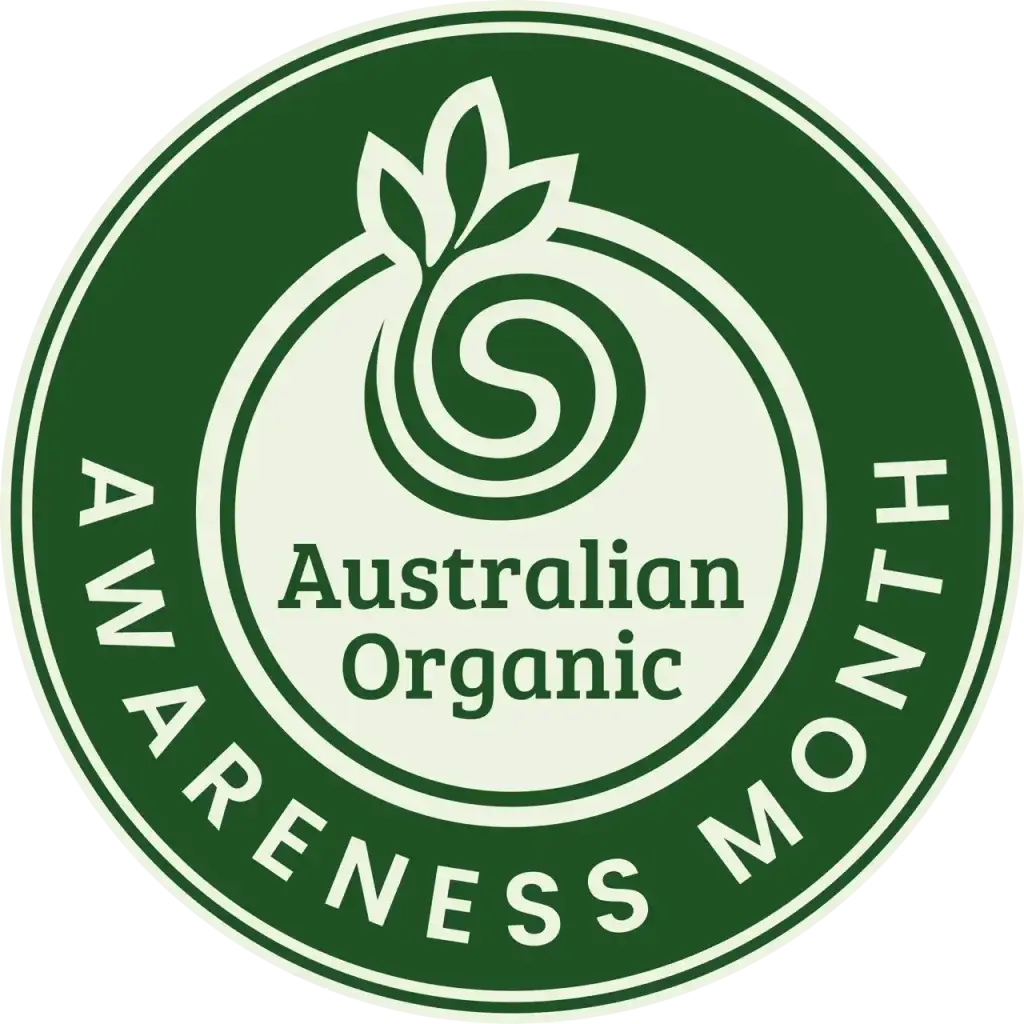
30% off clean beauty with INIKA Organic
Enjoy 30% off sitewide until the end of September.
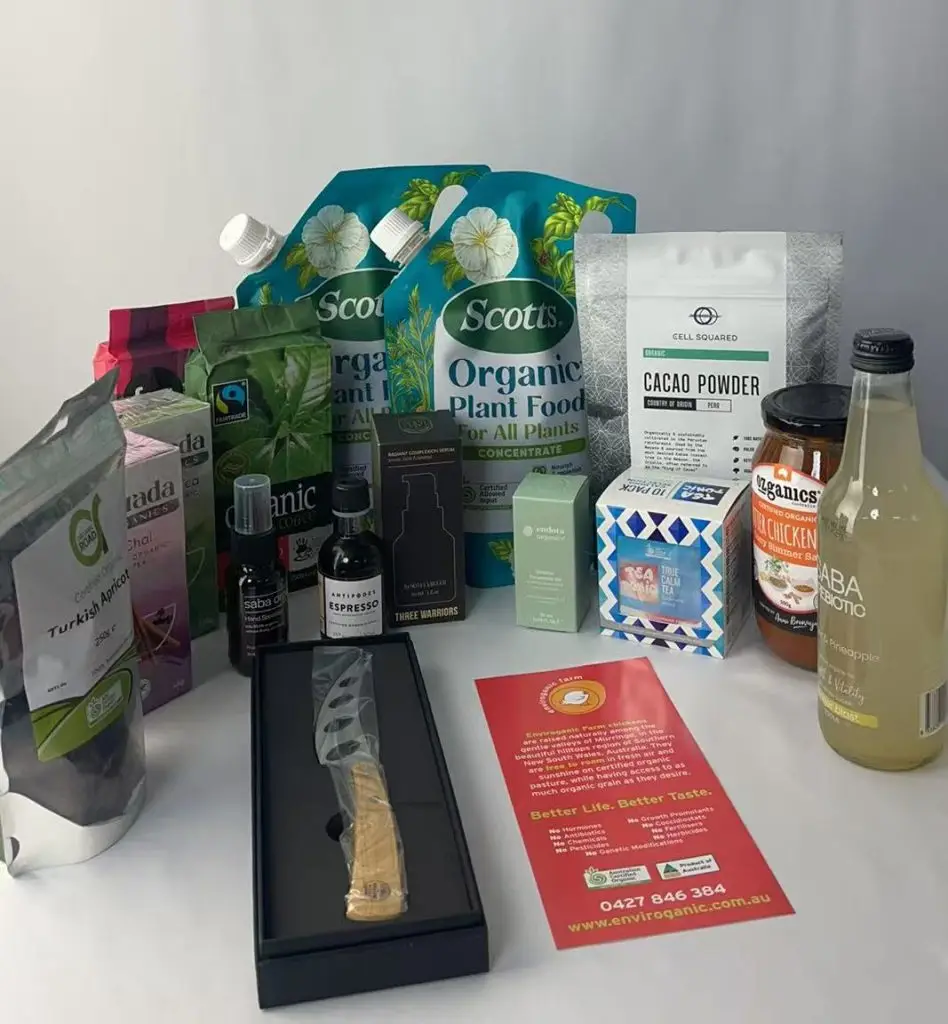
Explore new organic goodies
Over $250 worth of beautiful organic products for you to try for just $75.

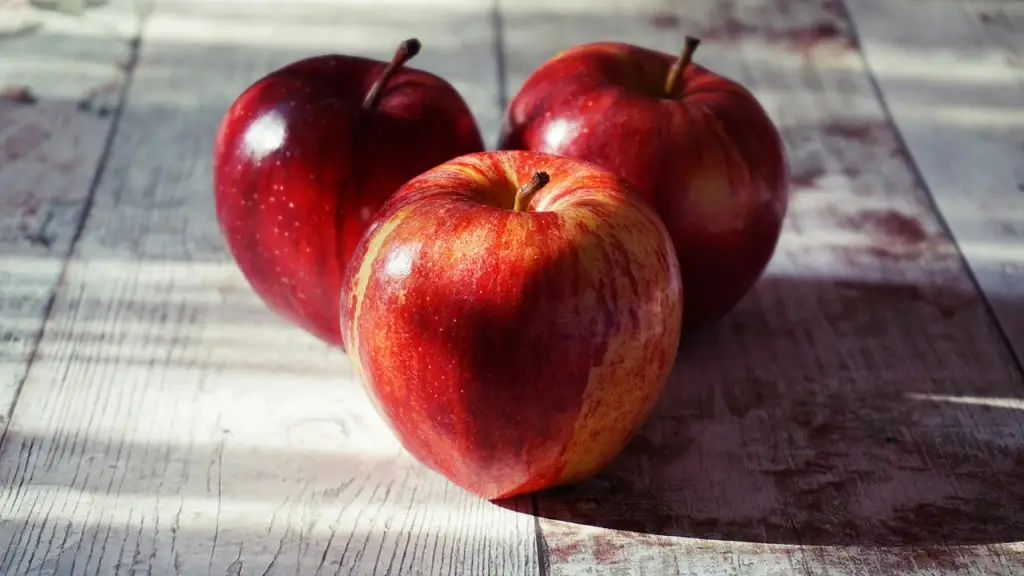
THE DIRTY DOZEN
The Dirty Dozen is a great place to start for everyday swaps. When it comes to swaps, the Dirty Dozen highlight fruit and veggies that are most likely to carry pesticide residues. Choosing organic for as many of these as possible can reduce your exposure significantly. The 12 items this year include:
- Strawberries
- Spinach
- Kale, collard & mustard greens
- Grapes
- Peaches
- Pears
- Nectarines
- Apples
- Bell peppers & hot peppers
- Cherries
- Blueberries
- Green beans
Strawberries
Spinach
Kale
Apples
Grapes
Peaches
Nectarines
Even a few simple swaps here can give you the maximum health benefits.
Even a few simple swaps here can give you the maximum health benefits.
Remember balance extends beyond food — organic skincare, haircare, or cotton basics can make your everyday routine cleaner and kinder.
“Emily Fletcher,” The Dirty Dozen and Clean 15, 9 September 2025, https://cleanandconscious.com.au/
Sarah shares her delicious and easy high-protein frittata recipe, using everyday organic ingredients. Watch to see how simple shifts toward organic choices can elevate your daily meals — and get inspired to bring nature’s goodness into your kitchen.

Better for you, better for the planet, better for animals
Without synthetic chemicals and no GMOs, organic is better for you, better for soil, better for biodiversity. That means fewer chemicals on your plate and fewer worries in your mind.
30 ways to go organic
From cooking with seasonal produce to supporting local organic farmers and building community. These ideas will help you find your rhythm with organics, whether you’re just starting out or looking to go deeper.
This week is about making organics practical, achievable, and rewarding. However you choose to begin, each step brings you closer to balance.
Ready to take your next organic step? View this week’s resources
